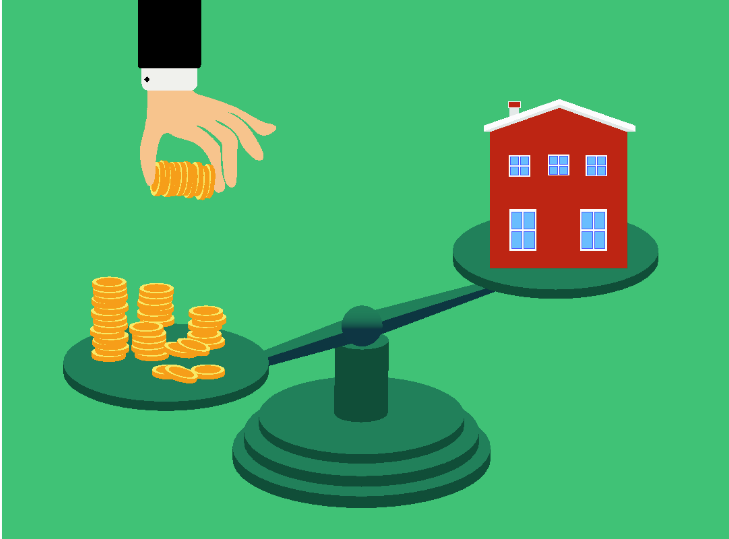Selling your home? The price must be right…

It’s a common refrain: “Number 22 sold for this much, but mine is worth more than that!”
Whether you like it or not, British pride and financial security is based heavily on the value of our homes. Often, though, the price you have in mind is not necessarily what you get when you decide to sell.
Back in the good old days, before Mr Osborne blew up the London property market with changes to stamp duty, there were enough transactions to generate reasonably accurate pricing based on prior sales. However, with sales volumes down by more than 50 per cent in many prime central London postcodes, we must now be much more careful.
Data doesn’t tell the whole story
Prior sales can help as a guide, but we must be mindful about how data is recorded. The time between exchange (when the price is decided) and completion (when title passes and the price is recorded with the Land Registry), can vary from the same day to three or four months.
This creates misleading price points. If number 22 above sold in March and completed in June, and number 21 came on the market in September, should the properties be priced the same? Well, the world has moved on a bit, both politically and economically.
But what about the cheap mortgage rates – surely that will push prices up? It is true that there is a glut of cash in the mortgage market, as a result of UK banks having to ringfence their domestic deposits to domestic lending.
Existing homeowners often choose not to move, as they fear they will not achieve the aspirational price they want
But just because the rate is very low, it does not mean everyone can borrow more, as mortgage underwriting has become much more stringent. These low rates also mean existing homeowners often choose not to move as they fear they will not achieve the aspirational price they want, which in turn keeps prices up by limiting supply.
So what to do? In order to really find out what your house is worth, ignore all the marketing prices online and talk to a selection of corporate and independent agents. With our registered applicants and their budgets to hand, we can tell you what people today can afford and, if you really want to sell, where the price needs to be.
Hold agents to account
Pushing the agent for the highest price may seem the right thing to do, but this may well be counter-productive as it will scare buyers away. Instead, ask how many registered buyers the agent has at their suggested price point for your property and ask how many viewings they would expect to conduct.
Hold them to that number, because if they don’t achieve it, they have priced the property too high and there really is no tolerance in this market for a mis-priced property.
A change in stamp duty may make getting the price right easier, while providing more liquidity to the market and greater revenues to the exchequer. If ever a solution were to present itself…
Charles Curran is principal and data analyst at Maskells